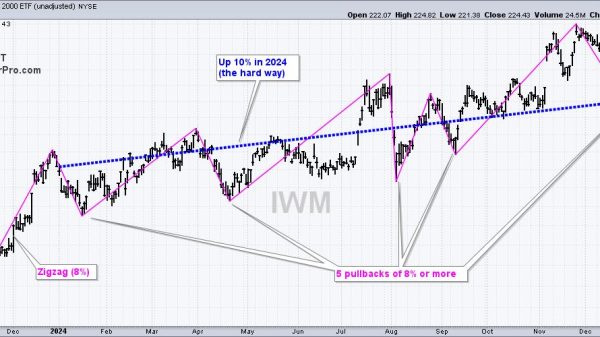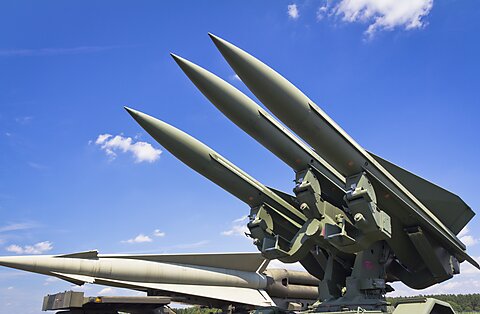Eric Gomez
Amid deteriorating US‐China relations, US officials have begun suggesting that a Chinese attack against Taiwan could happen soon. China’s rapid military growth is also prompting concern that the US policy of strategic ambiguity is untenable and should be replaced by a clearer US commitment to defend Taiwan.
The sense of urgency to improve Taiwan’s defenses is a welcome development. However, current policy debates focus too much on the US‐China military balance and too little on Taiwan’s military efforts. While Taiwan has made commendable improvements in its self‐defense posture, many years of underinvestment and poor choices will take time to correct.
In a new Cato Institute policy analysis, I argue that Taiwan should prioritize defending against a Chinese amphibious invasion using an asymmetric defense strategy.
Taiwan must prevail in two military operations that will occur in the early stages of a potential conflict: surviving China’s conventional bombardment and denying the first wave of ground forces a foothold. Even if the United States intervenes, Taiwan would be fighting these operations largely on its own given how quickly they will likely occur. Moreover, success or failure in these operations has an outsize impact on Taiwan’s prospects for the rest of the conflict.
The best way for Taiwan to prevail in these two operations is to fully embrace an asymmetric defense strategy, commonly known as a “porcupine” strategy. Taiwan would have to reduce its current dependence on traditional military capabilities which are more flexible but also more vulnerable to China’s stronger military and therefore unlikely to survive long in a conflict.
An asymmetric defense strategy would reduce Taiwan’s ability to respond to China’s day‐to‐day coercive military activities. But it would improve Taiwan’s prospects against the most dangerous threat to its survival, an amphibious invasion.
To aid Taiwan’s shift to asymmetric defense while buying time for the transformation, I propose three security assistance policy adjustments and two assurances to China.
For security assistance, first, the United States should sell more asymmetric weapons to Taiwan, refuse to sell new traditional capabilities, and make arms sales contingent on greater Taiwanese defense spending.
Second, the US military should focus joint training with Taiwan’s military on improving small unit performance while avoiding larger‐scale exercises that focus on US‐Taiwan interoperability.
Third, Washington and Taipei should pursue opportunities for Taiwan’s defense industries to manufacture US‐designed weapons in order to help clear a $19 billion arms sales backlog.
For assurances to China, first, the United States should signal to Beijing that it will no longer sell traditional weapons to Taiwan or weapons that Taiwan could use to attack ground targets in mainland China. Second, the United States should cease taking “all style, no substance” actions, which signal deepening political ties with Taiwan but do nothing to improve Taiwan’s ability to defend itself.
Finally, it is important to note that US materiel support for Taiwan can only go so far. Only Taiwan’s government, military, and people can decide to stand firm and resist China’s aims for unification. The United States should do what it can to help Taiwan field the right capabilities to make an invasion painful for China, but the question of Taiwan’s survival will hinge on its willingness to stand and fight if deterrence fails.
























